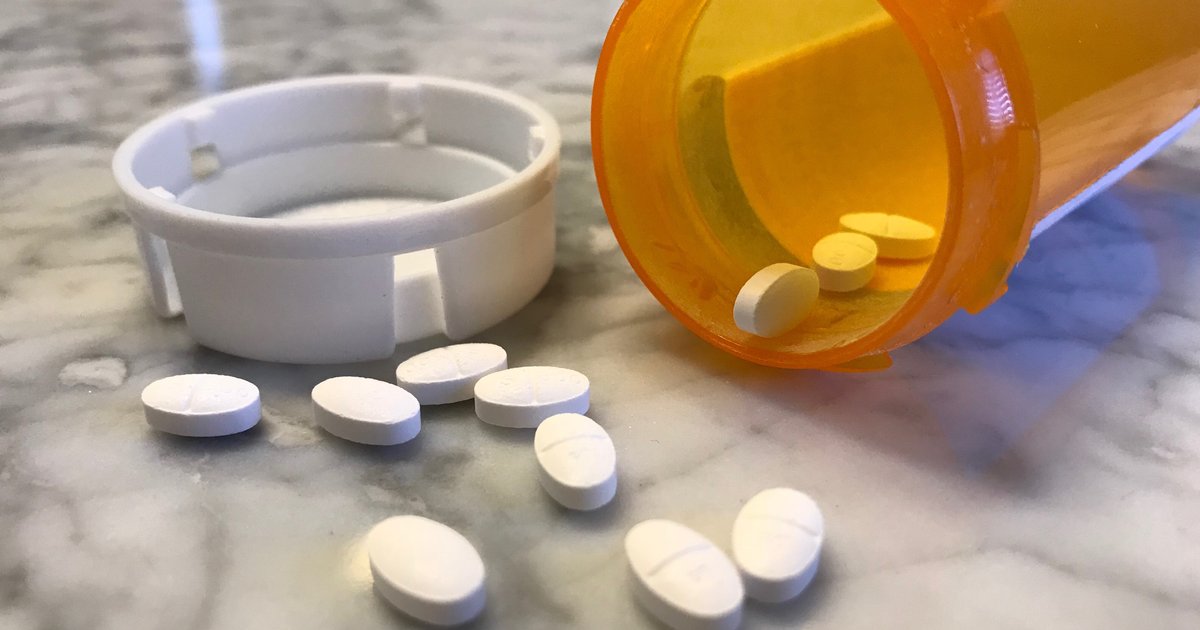The Most Successful Medications For High Blood Pressure
If individuals suffer from hypertension, more commonly known as high blood pressure, it can be challenging to choose the right medication. As patients make essential lifestyle changes, such as dietary changes, reducing salt in their diet, regularly exercising, and quitting smoking, they may require medications to better control their blood pressure and reduce their risk of complications. The most successful medication for a single patient will depend on several factors, including their current blood pressure reading and their overall health.
ACE Inhibitors

When angiotensin is produced in the body, this hormone causes blood vessels to narrow. When taking angiotensin-converting enzymes (ACE) inhibitors, production decreases. Essentially, ACE inhibitors help relax the blood vessels by blocking the formation of angiotensin, which causes them to narrow. In turn, patients experience lower blood pressure. Some common examples include lisinopril, benazepril, captopril, fosinopril, perindopril, enalapril, and ramipril. Individuals with chronic kidney disease may also greatly benefit from taking an ACE inhibitor as well.
Calcium Channel Blockers

Increases in calcium strengthen the force of contractions in both the heart and blood vessels. Calcium channel blockers, which relax the muscles of the blood vessels, also reduce a patient's heart rate, and as a result, the patient's blood pressure decreases. Some of the most common options include amlodipine, diltiazem, clevidipine, isradipine, nisoldipine, and verapamil hydrochloride.
Calcium channel blockers may also work better for seniors and those of African heritage than using ACE inhibitors alone. It should be noted that grapefruit juice interacts with some forms of calcium channel blockers, increasing blood levels of the medication and putting the patient at a higher risk of complications. Thus patients should be wary of consuming grapefruit juice when taking this medication
